
Pharmacy deserts are a growing problem in Chicago. Tribune reporter Eseosa Olumhense discusses how she reported on the worrying trend.

Pharmacy deserts are a growing problem in Chicago. Tribune reporter Eseosa Olumhense discusses how she reported on the worrying trend.
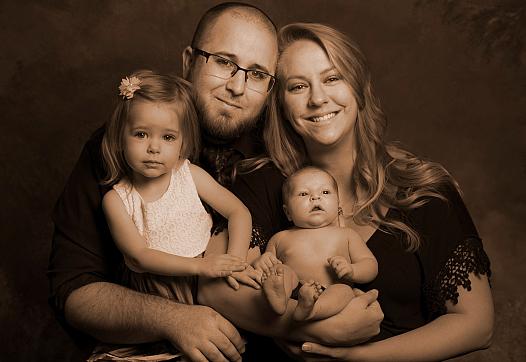
When Jessica Porten sought help for postpartum depression, she wasn't expecting the nurse to call the police to escort her to the ER. She now believes moms need far better help for their mental health needs.
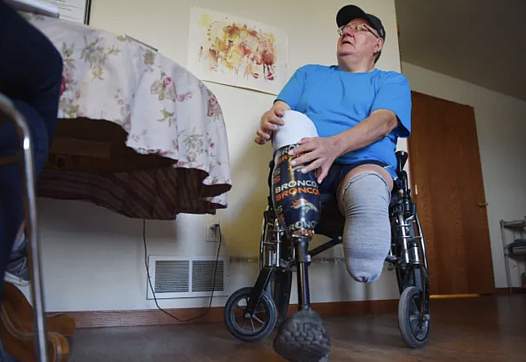
The Argus Leader reviewed hundreds of pages of federal hospital inspection records and legal filings as part of a monthslong investigation into the facilities. And reporters met with dozens of tribal members on visits to the Rosebud and Pine Ridge Indian Reservations.
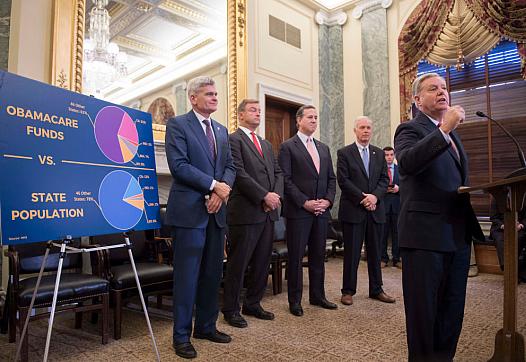
Once again, Congress is considering a bill that would repeal the Affordable Care Act (ACA) and make major cuts to Medicaid. Next week, the Senate may vote on this latest repeal effort, led by Senators Lindsey Graham of South Carolina and Bill Cassidy of Louisiana.

The California Supreme Court just armed would be challengers to the state’s prescription drug tracking system. And defanging the system would have an impact on patient safety.
![[Photo by trophygeek via Flickr.]](/sites/default/files/styles/teaser_list_thumbnail_large/public/title_images/unnamed_123.jpg?itok=2GuJ5LXA)
Does the California Medical Board have the right to check records to see if a doctor is recklessly prescribing drugs? For the past three years, that question has been stuck in the courts.
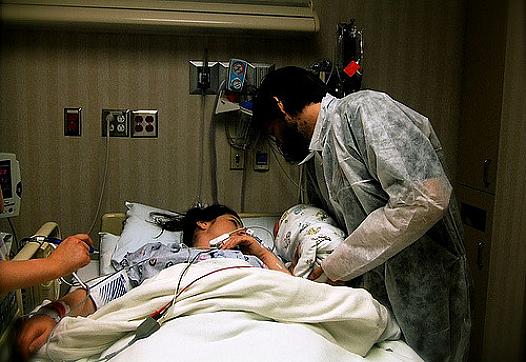
California has been particuarly aggressive in its data-driven effort to curb high C-section rates at hospitals throughout the state. The results from early pilot projects have been promising.

How do you cover issues of transgender health with sensitivity and thoughtfulness? Journalist Keren Landman explains how she got up to speed as she first approached the beat.
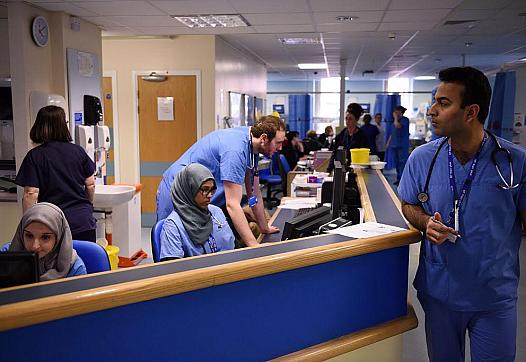
Should medical residents still be allowed to work 28-hour shifts? One doctor recounts her exhausting, nightmarish shift in the ER as an example of what can go wrong as the hours stretch on.

"Our health care system remains in a crisis," writes the CEO of Molina Healthcare. "Both the AHCA and the ACA only address the funding of health care and fail to tackle the troubling rate at which health care costs are rising."